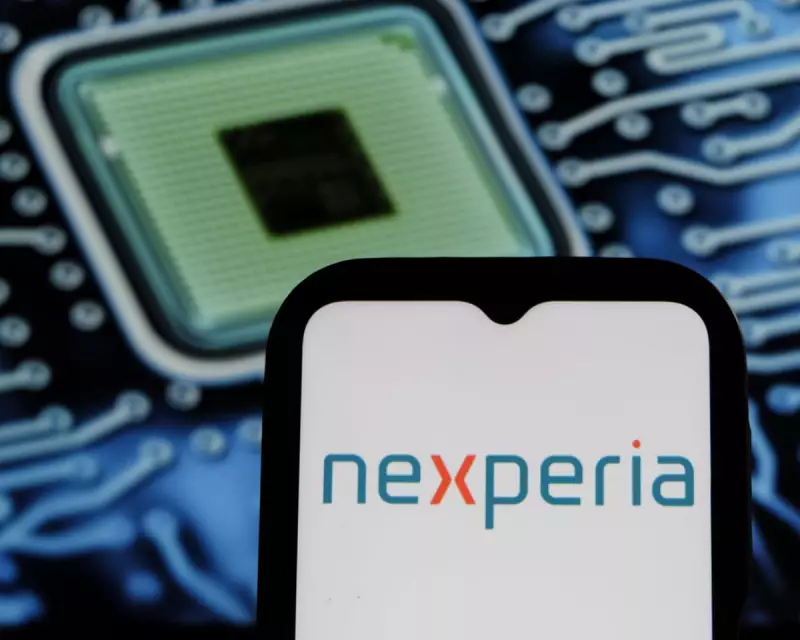
The simmering technological cold war between China and the West has reached a critical flashpoint, as Dutch authorities block a crucial semiconductor acquisition that threatens to bring European car factories to a grinding halt.
Dutch Draw Line in Silicon Sand
In a dramatic escalation of the global chip conflict, the Netherlands has formally prevented Chinese-owned chipmaker Nexperia from acquiring Dutch startup Nowi. This decision, based on national security concerns, represents a major victory for Western efforts to curb China's semiconductor ambitions.
The blocked deal centres on Nowi's revolutionary energy-harvesting technology, which allows chips to draw power from ambient sources like light, heat, and radio frequencies. For an industry grappling with power constraints, this technology represents the holy grail of next-generation semiconductor design.
Automotive Industry Braces for Impact
The ramifications extend far beyond the boardroom. Modern vehicles contain hundreds of semiconductors, and industry experts warn that the decision could severely disrupt production lines across Europe.
- Car manufacturers face potential shutdowns as chip supplies dwindle
- Consumer electronics and renewable energy sectors also at risk
- Global supply chain vulnerabilities exposed once again
"This isn't just about one company or one deal," explains a senior industry analyst. "We're looking at a domino effect that could stall vehicle production from Germany to the UK within months."
Geopolitical Stakes Soar in Tech Arms Race
The Nexperia-Nowi standoff represents the latest battle in an increasingly tense technological conflict. Western nations, led by the United States and Netherlands, have been systematically restricting China's access to advanced chip technology.
The timing couldn't be more critical, as nations worldwide scramble to secure their positions in the semiconductor value chain. With artificial intelligence, electric vehicles, and defence systems all dependent on chip technology, control over semiconductor production has become a matter of national security.As one European Commission official noted: "We're no longer just talking about economic competition. This is about technological sovereignty in the 21st century."
What Comes Next in the Chip Wars?
The immediate fallout sees Nexperia considering its legal options while car manufacturers emergency-stockpile essential components. Meanwhile, the Dutch government faces pressure from both sides—Beijing warning of consequences, and Western allies applauding their firm stance.
This confrontation serves as a stark reminder that in today's interconnected world, a blocked acquisition in the Netherlands can trigger production delays in car factories thousands of miles away, proving that in the global tech war, there are no isolated battles.





